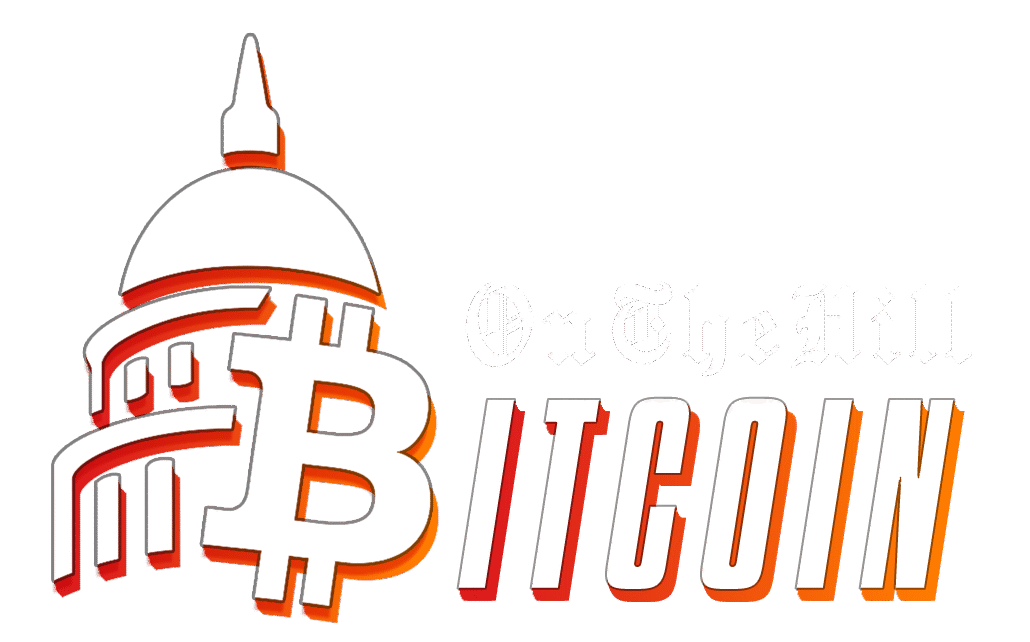Are Banks Falling Behind? A Wake-Up Call for Young Voters
Let’s face it: if you’re under 35, you’d probably rather talk about your next paycheck or rent due date than high finance—unless that finance is suddenly making waves that could touch everything from your job prospects to your student loans. This week, regional banks are showing signs of strain again, with stocks for Zions and Western Alliance taking a nosedive. At the same time, bitcoin just sank to a four-month low. The financial world is acting jumpy, and for young people watching politicians sling blame and promises, the ripple effects are real—and political.
Banks in Trouble: What It Means for Your Wallet, Not Just Wall Street
For many millennials and Gen Z, banks aren’t just buildings you walk past—they’re the places managing the cash flow for your rent, your student loan payments, and your shot at finally affording healthcare. When Strike’s CEO Jack Mallers says “Bitcoin smells trouble,” he’s reacting to a pattern we all should notice: regional banks are under pressure, even after big government reforms post-2023’s banking crisis.
Think about it—stock plunges like what happened to Zions and Western Alliance don’t just hurt Wall Street’s wealthy investors. They shake the whole system. As banks get more anxious, they tighten lending. That’s code for “expect higher interest rates, fewer business loans, tougher credit card approvals, and less help buying your first home.” And when these banks start faltering, who’s getting squeezed? Young folks trying to land their first apartment or escape the student debt trap.
So, when politicians debate how much to regulate banks or whether to backstop failing institutions, they’re actually deciding if people like you will pay more for credit cards, mortgages, or even just to keep your money safe. Is either party really asking young Americans what reforms we need, or are we all just expected to wait out another financial storm?
Yields Are “Puking”: Translation—Your Savings and Retirement Could Be at Risk
Heard the expression “yields are puking” and wondered why you should care? Here’s the deal: bond yields—the return you get for lending money to the government or big corporations—are plummeting. That usually happens when investors get nervous, which they have ample reason to be. According to the U.S. Treasury, increased volatility and drops in yields often precede or coincide with economic downturns.
Why should this matter to a generation still trying to save up a rainy day fund? When yields drop, banks and investment funds panic. The knock-on effects mean lower returns on your savings and, potentially, slower wage growth as companies get stingy. Social Security and pension systems—which young voters are already skeptical about—get even shakier as traditional investments drag. You know that “boomer retirement plan” your parents kept talking about? Imagine it more like quicksand than a hammock, especially as markets start spiraling.
Neither Republicans nor Democrats have offered young voters a foolproof plan on how to stabilize these swings. Are you seeing anyone on the campaign trail with a clear, tech-focused vision for making the economy fairer to first-time workers and new savers?
Bitcoin: Savior, Symptom, or Both?
Now, back to bitcoin—the digital currency that’s been marketed as a solution to Big Bank chaos. When traditional banks falter, you’ll often see a spike in chatter about crypto, even if the price itself can tumble (which is exactly what happened this week). But is crypto really a safe haven, or just a different kind of gamble when the stock market gets spooked?
Young people are leading the adoption of crypto and decentralized finance, way ahead of older generations. But, let’s be real: swings in bitcoin’s price have become another stress test. Crypto is promoted as “outside the system,” but politicians are just as unclear about how to regulate it as they are about fixing actual bank issues. The U.S. Securities and Exchange Commission (SEC) is still flip-flopping on whether crypto is the Future or the Next Big Scam. If lawmakers are confused, how are the rest of us supposed to lock in career or savings plans?
Are we being forced to gamble in volatile markets because policymakers can’t guarantee us a stable dollar, a safe banking system, or even an honest conversation about what’s really going on?
Young Voters: It’s Time to Make Noise in the Economic Debate
Here’s the political bottom line: young Americans are caught between unstable banks, confusing bond markets, and a crypto scene that looks both promising and risky. Politicians from both sides love to talk about making the financial system “work for everyone,” but when regional banks crack, it’s young workers, renters, gig economy hustlers, first-time homebuyers, and student loan strugglers who feel the punch.
So what can we do? Start demanding specifics the next time a candidate promises “economic stability.” If banks are breaking and alternatives like bitcoin are still finding their footing, it’s our future on the line—our job growth, our student debt relief, our shot at affordable housing. Let’s push for real answers: How will the Federal Reserve, Congress, and the next batch of elected leaders stop making us the shock absorbers for every financial crisis?
If you care about what’s happening to your money, your job, or your chance to finally get ahead, this is more than a finance story. It’s a call to ask tougher questions and vote for the people honest enough to answer them. Are we ready to demand the seat at the table we deserve?





